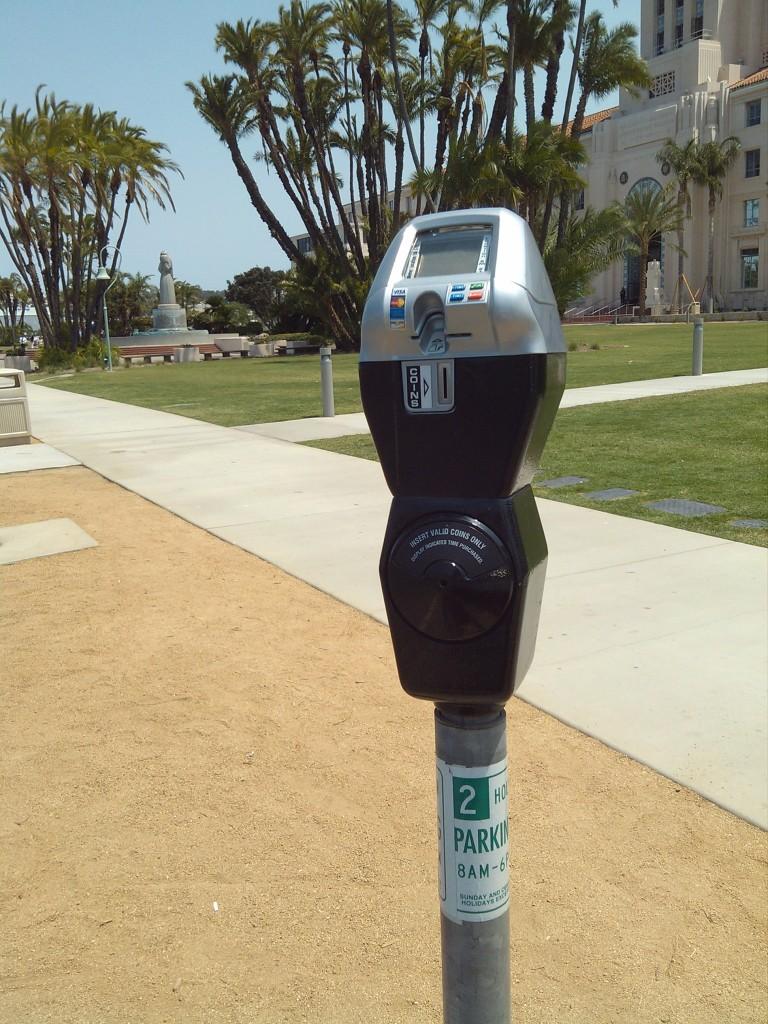San Diego drivers take note: the cityŌĆÖs parking rules have once again tightened, barring motorists from adding more time to parking meters after their initial limit has expired. The change, highlighted in a recent report by NBC 7 San Diego, aims to improve parking turnover and reduce congestion in busy areas. This enforcement means that once a meter runs out, drivers must move their vehicles rather than ŌĆ£feeding the meterŌĆØ to extend their stay. The updated policy underscores the cityŌĆÖs commitment to managing its public parking resources more efficiently and equitably for all residents and visitors.
San Diego Parking Rules Prevent Meter Feeding Beyond Initial Time Limit
San Diego has implemented strict parking regulations aimed at enhancing turnover and ensuring fair access to metered parking spaces. Under the current rules, once a vehicleŌĆÖs initially purchased meter time expires, motorists are prohibited from adding additional coins or fees to extend their stay. This measure, just recently enforced, is intended to prevent what is commonly known as ŌĆ£meter feeding,ŌĆØ where drivers repeatedly top off meters to avoid moving or paying for alternative parking.
Enforcement officers are now closely monitoring parking zones and will issue citations to vehicles caught attempting to feed meters beyond the allowed timeframe. Highlights of the new regulations include:
- Initial time limit must be respected without extensions via additional payment
- Fines imposed immediately upon violation detection
- Clear signage posted around metered spaces to inform drivers of the policy
| Violation | Penalty | Enforcement Time |
|---|---|---|
| Meter feeding after expiration | $65 fine | 7AM – 10PM daily |
| Parking without payment | $50 fine | 7AM – 10PM daily |
Understanding the Impact of Meter Enforcement on Local Commuters and Businesses
San DiegoŌĆÖs strict enforcement of parking meter rules has had a noticeable effect on both daily commuters and local business owners. For commuters, the ban on feeding the meter after initial time expires means a much stricter time limit on parking, prompting many to rethink their parking strategies altogether. The enforcement is designed to maximize turnover in high-traffic areas, but it has led to frustration among those who rely on extended parking durations to complete errands or appointments without fear of citation.
Local businesses express concern that the inability to extend meter time impacts customer traffic and overall sales. Many establishments rely on visitors who may need more than the allotted meter time, especially during busy shopping or dining hours. HereŌĆÖs a quick overview of the key consequences:
- Increased foot traffic turnover but potential loss of longer visits.
- Reduced availability of parking spots in prime locations due to frequent short-term stays.
- Customers may avoid street parking in favor of paid garage options or outlying areas.
- Potential decrease in spontaneous visits as shoppers weigh parking limitations before deciding to stop.
| Group | Effect | Possible Adaptation |
|---|---|---|
| Commuters | Shorter parking window | Using public transit or carpooling |
| Businesses | Loss of longer-stay customers | Encouraging off-peak visits and promotions |
| City Officials | Higher meter revenue | Balancing enforcement with public feedback |
Legal Consequences and Fines for Violating San DiegoŌĆÖs Parking Meter Restrictions
San Diego enforces strict penalties for motorists caught violating parking meter restrictions, including the common practice of “feeding the meter” after the allotted time has expired. Drivers who attempt to extend their parking time illegally are subject to fines that can quickly escalate if left unpaid. According to city regulations, violations start with a standard ticket issuance, but repeat offenders may face increased financial consequences and even vehicle towing in severe cases.
Below is a quick overview of the typical fines and enforcement actions related to parking meter violations in San Diego:
- First violation: $65 fine
- Second violation (within 12 months): $100 fine
- Third violation and beyond: $150 fine plus potential vehicle immobilization
- Failing to pay fines: May lead to holds on vehicle registration renewal
| Violation Type | Penalty | Additional Consequences |
|---|---|---|
| Meter overstay (initial) | $65 | Warning on first offense possible |
| Meter overstay (repeat) | $100 – $150 | Possible vehicle boot or tow |
| Unpaid fines | Collection fees | Registration hold, escalating fees |
Tips for Navigating Parking Challenges Without Overfeeding the Meter
Parking in San Diego comes with its own set of rules, especially when it comes to meter feeding. It’s crucial to plan ahead to avoid fines, as adding more coins after your meter time has expired isn’t allowed. To make the most of your parking session without violating regulations, consider using mobile payment apps that alert you before your time runs out, so you can return on time without needing to overfeed the meter. Also, look for nearby lots or garages that offer extended parking options at a flat rate, which can be more convenient than street meters.
Here are some practical tips:
- Set a timer on your phone as a reminder to return to your car.
- Use parking apps to track and pay for your meter remotely, where permitted.
- Check posted signs carefully to understand meter hours and restrictions.
- Consider public transportation or rideshare options during peak hours to reduce parking hassle.
Wrapping Up
In summary, San DiegoŌĆÖs parking regulations clearly prohibit feeding the meter beyond the purchased time limit, a policy aimed at ensuring fair access to parking for all. Drivers should remain aware of these rules to avoid fines and help maintain the cityŌĆÖs traffic flow. For more updates on local laws and parking enforcement, stay tuned to NBC 7 San Diego.




